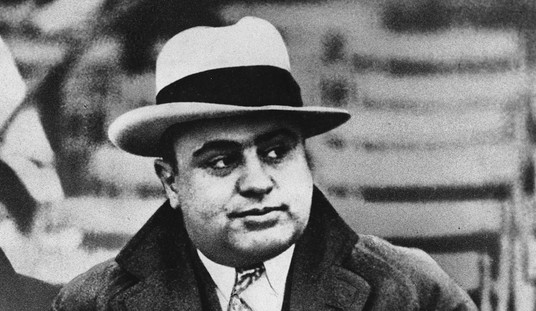What doctor shortage, you say? Why, the one Ed wrote about recently here and here and which the Journal claimed this morning could leave America 150,000 physicians short of the number we’ll need to meet post-ObamaCare demand over the next 15 years. Medical schools are expanding the size of their classes to try to cope, but there’s a problem: There are only so many residency slots to go around nationwide, so we’ll either have to lower the residency requirements — which I’m sure will be in the offing in due time — or we’ll have to supplement the supply of doctors with something kinda sorta like doctors.
Like, say, nurse practitioners.
A nurse may soon be your doctor. With a looming shortage of primary care doctors, 28 states are considering expanding the authority of nurse practitioners. These nurses with advanced degrees want the right to practice without a doctor’s watchful eye and to prescribe narcotics. And if they hold a doctorate, they want to be called “Doctor.”…
Nurse practitioners argue there’s no danger. They say they’re highly trained and as skilled as doctors at diagnosing illness during office visits. They know when to refer the sickest patients to doctor specialists. Plus, they spend more time with patients and charge less…
On top of four years in nursing school, Cockrell spent another three years in a nurse practitioner program, much of it working with patients. Doctors generally spend four years in undergraduate school, four years in medical school and an additional three in primary care residency training…
The best U.S. study comparing nurse practitioners and doctors randomly assigned more than 1,300 patients to either a nurse practitioner or a doctor. After six months, overall health, diabetes tests, asthma tests and use of medical services like specialists were essentially the same in the two groups.
You won’t be surprised to learn that Massachusetts recognized nurse practitioners as primary-care providers, a.k.a. family doctors, two years ago. (Another non-surprise: The percentage of primary-care practices closed to new patients is higher than ever.) ObamaCare already provides that midwives should be reimbursed at the same Medicare rates as doctors, and naturally nurse practitioners want that expanded to all nurses with advanced degrees. Which is super, but of course will mean another uptick in the Medicare budget. At the same time, if you’re an aspiring family doctor and you realize you can make the same money as a nurse practitioner that you can as an M.D., why would you run the gauntlet of medical school and residency? At that point, you’re better off either going to nursing school or, if you insist on the white coat, training as a specialist and enjoying the higher fees. (In fact, family doctors had already begun refusing new patients due to low Medicare rates last year.) All of which means, unless I’ve missed something, that the field of primary care should trend more and more towards nurse practitioners over time and less towards doctors. That might not be a bad thing if nurses are up to the task, but if they’re getting paid the same Medicare rates that doctors used to get paid and doctors are increasingly getting higher rates due to there being more specialists, well, you do the budgetary math.








Join the conversation as a VIP Member